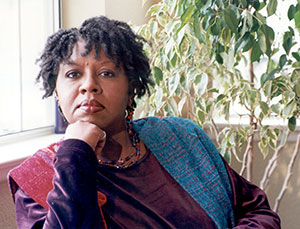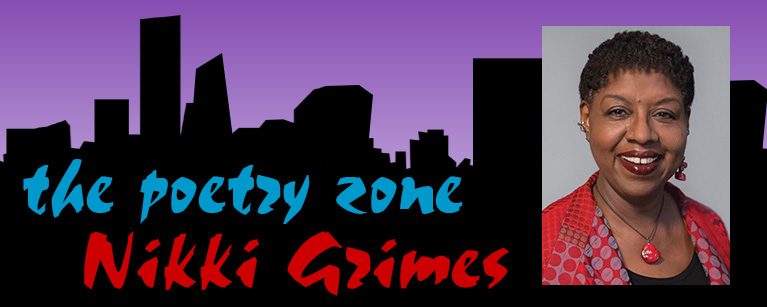 I love a good read. As for a free book, that gets me salivating as quickly as the offer of dark chocolate. Well, almost! So when a publisher sends me a book to blurb, my initial response is elation. After all, a new book promises the potential of a new literary adventure. Or it may be introducing me to a new author (Yay!). Or it may give me the opportunity to support an author that I already know and love. What could be bad about that? Well, hold on there, a minute.
I love a good read. As for a free book, that gets me salivating as quickly as the offer of dark chocolate. Well, almost! So when a publisher sends me a book to blurb, my initial response is elation. After all, a new book promises the potential of a new literary adventure. Or it may be introducing me to a new author (Yay!). Or it may give me the opportunity to support an author that I already know and love. What could be bad about that? Well, hold on there, a minute.
To blurb or not to blurb is not as elementary a question as you might suppose. At least, it hasn’t been for me.
First, let me say that I’m always honored to be asked to write a blurb. However, writing one invariably comes at the expense of my own work. It takes time to read a book critically, which is what I feel I must do if I’m going to say something intelligent about it. That’s time taken away from my own writing and, trust me, there are already a host of other things that do that. Then, once I’ve read the book, I may decide not to blurb it, after all, for a number of reasons: I object to the language; I don’t find the story hopeful (for me, a required element of children’s or YA lit); I object to sexual elements (feel free to call me a prude. You wouldn’t be the first!); I believe the book would benefit from another revision; or I just plain don’t think the book is all that good. No matter what reason I have for ultimately deciding not to pen said blurb, the author—often, though not always a friend—is disappointed. I hate that. And it doesn’t much matter that I warned the author and editor going in that there’s no guarantee I’ll write a blurb. Everyone is still disappointed, and I feel bad about that.
But, say the book checks all of my boxes, and I do write a blurb. While it may be used for marketing purposes, it may never show up on the book’s cover. And, even if it does, how important was that blurb, anyway? I honestly don’t know.
At the end of the day, I don’t want to be responsible for hurt feelings. And if I could offer something useful in the way of critique, it’s already too late. Besides, I really need to concentrate on writing my own books. What with the demands that go along with maintaining a career in literature, as well as the ordinary demands of everyday life, I find precious little time to write as it is.
To blurb or not to blurb? I’ve finally landed on the only answer that makes sense for me: Not.



One Response
August 1, 2015
Dear Ms. Grimes,
I know I am foolish for requesting this because of what I just read—NOT. I can’t help myself. For so many years our school district has ordered your books for children from grades 7–12. Your reputation is sterling. You have won so many awards and gained accolades that would take a page to fill. In addition, I feel a certain connection with you because I have spent many years teaching African-American youngsters and because I am from Spanish Harlem and now live in Los Angeles.
My purpose in life is to help senior high African-American males realize the importance of getting an education, which in turn opens up multiple future possibilities for them.
I thought you might appreciate knowing that your writing and your many life achievements have inspired me as a teacher and as a writer.
I have written a novel –Jamaal’s Journey—with my purpose in mind. However, it is self-published (not a good move on my part). Nonetheless it has been given eight awards, one being The Kirkus INDIE Book of the Month Selection for African-American YA fiction for April 2015. The other seven are for African-American YA fiction and YA fiction.
In the coming weeks I’ll be trying to get a literary agent and publisher. If I am successful, because you’ve been a significant positive influence for me, would it be okay to send you an ARC? And if you like it, would you consider giving me a blurb (brief testimonial) that I may use in my publication? This would be a great honor!
My debut novel for young African-American adults—Jamaal’s Journey—stresses positive, healthy attitudes laced with humor and yet presents a realistic picture of what teens are facing today and how they behave under difficult circumstances. It takes place in an urban high school in Rockland County, New York.
I know you must be very busy, but I also know that you probably still remember what it was like when you were starting out, and I bet you received a little bit of encouragement from someone along the way as well. Thank you for your consideration and thank you again for all you’ve done for me already. I’m looking forward to reading more of your work and wish you continued success.
Sincerely,
John McCormack (email: )
PS. Forgive me for being so bold!